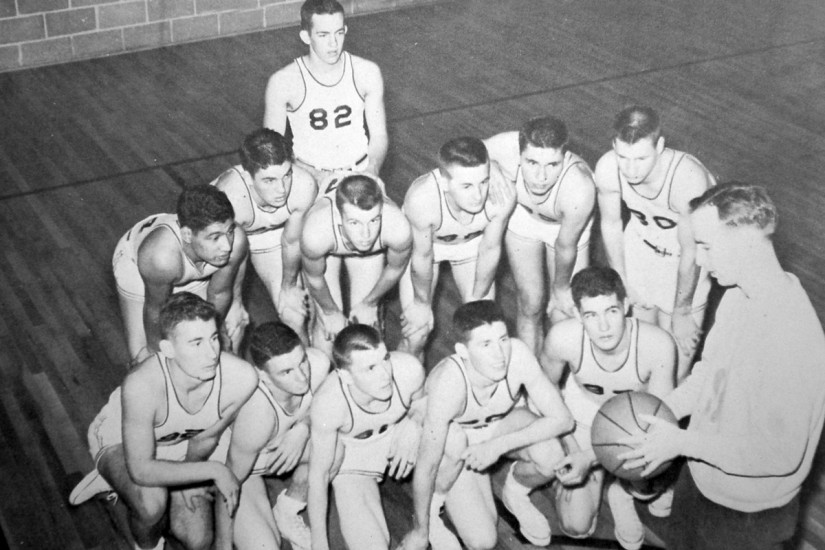To understand the history of sports ministry organizations, we can begin with the Fellowship of Christian Athletes (FCA), founded in 1954. Although numerous imitators have sprung up over the years, including Athletes in Action, Sports Spectrum, and Pro Athletes Outreach, FCA pioneered and developed nearly all of the methods used by its competitors. The logic for the FCA’s founding was remarkably similar to the logic behind the NFL protests. It was founded on the belief that the United States faced a serious crisis that was hindering its ability to live up to its fullest potential. Enter sports stars, who were uniquely positioned to influence their communities and fanbases. To help solve the national crisis, sports stars were urged to use their platform to speak out on the issue.
Today’s NFL protesters aim to highlight and address the problems of police brutality and systemic racism. The issue for the white men and the one black man who founded the FCA in 1954 was the lack of religious training for youth—a serious problem in the eyes of many Cold War-era Americans, who believed that religion provided innoculation against the appeal of godless communism. Because boys were deemed especially at risk, the supposedly masculine domain of sports seemed like a promising way to instill religious values in young men (the FCA did not launch a ministry for women until the 1970s). FCA founder Don McClanen explained in 1955 that the FCA was simply a group of athletes who were “genuinely concerned over the fact that more than 60 per cent of American youth today receives no formal religious training” and who hoped to “share their Christ-centered convictions with others at a time when Communistic teachings threaten our way of life.” A 1955 program guidebook for the FCA explained that its work would ultimately help to “[g]uard against communism, decrease juvenile delinquency in America, and improve morals, integrity, worthy ideals, [and] good sportsmanship.”
To carry out its goals, the FCA encouraged athletes not to “stick to sports” but rather to speak up about a potentially divisive topic—religion. FCA members frequently spoke at public schools and city-wide rallies and published their religious testimonies in newspapers, magazines, and promotional pamphlets. Eventually they extended their religious presence to the workday lives of professional athletes by encouraging and promoting on-field gestures of piety and making team prayers, Bible studies, and pre-game chapel services routine elements of professional sports. Long before Tebowing became an internet meme, FCA stalwarts from the 1960s and 1970s like Bill Glass, Fran Tarkenton, Norm Evans, and Roger Staubach made religion a conspicuous element of the male-dominated NFL world, both on the field and off.
